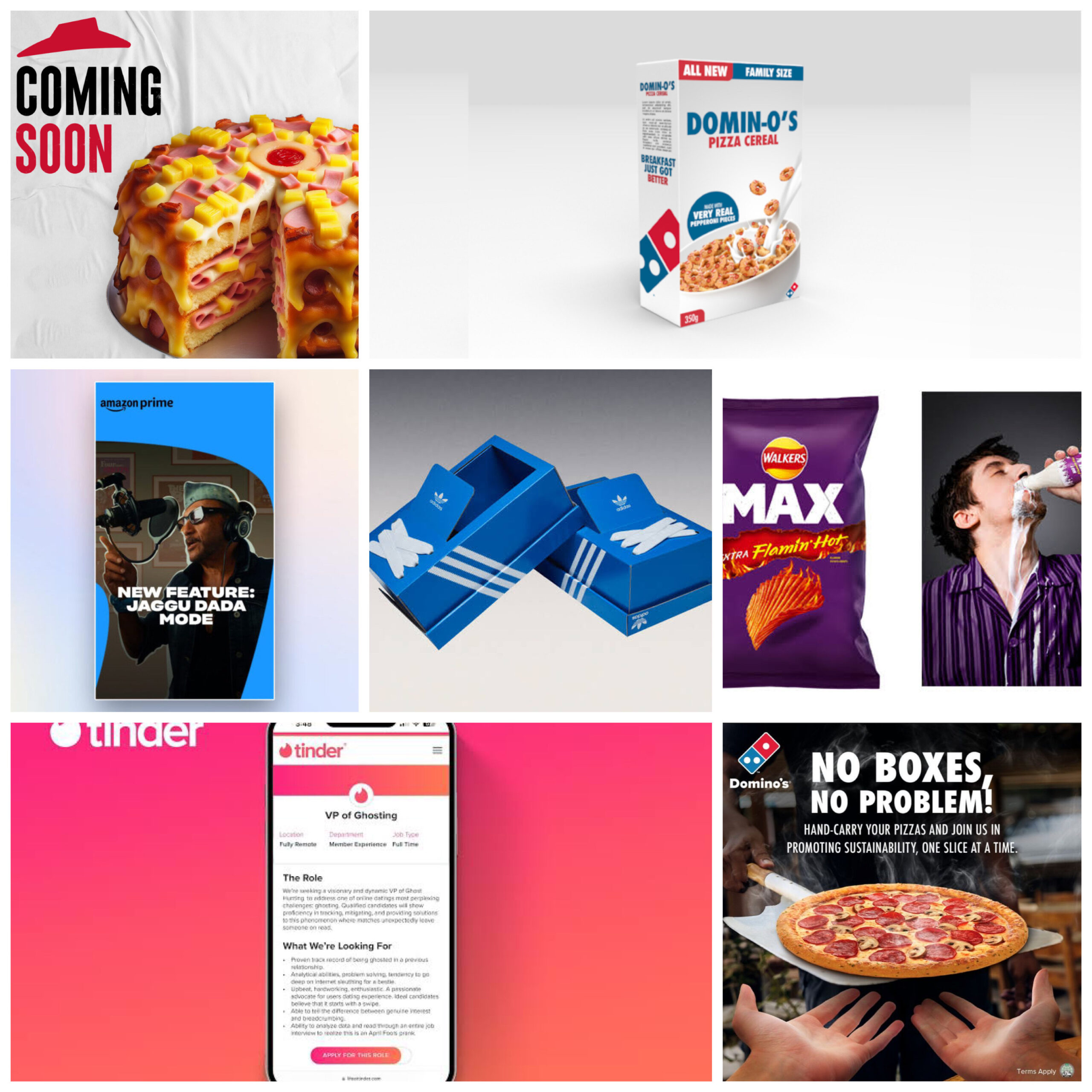By Felicia Nwosu
Technavio, a market research company with global coverage, has revealed that the Fast Moving Consumer Goods Market (FMCG) in Metaverse market share is expected to increase to USD 2.11 billion from 2021 to 2026 at an accelerating CAGR of 21.8%. Technavio said the growing number of FMCG brands entering the metaverse platform is notably driving the market growth. It, however, remarked that factors such as privacy and security concerns over Metaverse may impede its growth.
Through its research analysis and historical data, Technavio’s insights showed that one of the key factors driving the global metaverse in FMCG market growth is the growing number of FMCG brands entering the metaverse platform, while noting that FMCG brands, especially, beverage brands, are largely dependent on attractive labels and branding for sales.
It mentioned some big brands such as the Coca-Cola Co. that launched its Zero Sugar Byte, a new virtual drink for the metaverse platform April 2022. Also, globally acclaimed Anheuser-Busch Companies, LLC. and PepsiCo have demonstrated their readiness to experience the metaverse market while some alcohol brands are already using metaverse platforms to enhance brand awareness.
The report assured that the growing numbers of brands adopting metaverse to enhance consumer’s experience will help in refining marketing strategies and in gaining a competitive edge. It affirmed that the virtual product launches will help improve brand awareness and drive the growth of the market in focus during the forecast period.
From Technavio’s analysis, there is an indication that there will arise some key metaverse in FMCG market trend, while believing that strategic imperatives taken by FMCG players in metaverse market is one of the key metaverse in fast-moving consumer goods market trends that is expected to impact the industry positively in the forecast period.
Reaffirming that the global metaverse in the FMCG market is witnessing a rise in the number of cosmetic brands on the metaverse platform such as the introduction of the Crypto Cosmetics NFT collection, a set of artworks by E.l.f. Cosmetic in June 2021 as well as the launch of BeautySPHERE platform, by P and G January 2022, which gave a virtual tour of the UK’s Kew Gardens. Aside from this, many beauty brands are collaborating with gaming companies to achieve optimum market penetration.
The platform also revealed some of the prominent challenges confronting the metaverse in the FMCG market. According to Technavio, one of the key challenges to the global metaverse in FMCG industry growth is the privacy and security concerns over metaverse. It regrettably outlined some of the key challenges to include how metaverse collects and processes vast amounts of information about users and their environment and how it can access the personal data of users from the user’s social networking accounts and phones and may pose a threat to their privacy.
The report pointed out that the privacy of users can also be threatened if hackers gain access to the user’s device, as there are many privacy-related concerns associated with smart gears where these glasses automatically screen and process the user’s environment, which violates the privacy of the user and those around them. From these, the report deduced that such developments may hamper the growth of the market in focus during the forecast period.
From the statistical review, there is an indication that the metaverse in the FMCG market encompasses successful business strategies deployed by the key vendors. This is because the metaverse in the FMCG market is concentrated and the vendors are deploying growth strategies such as M&A activities and partnerships to compete in the market. The report also suggested that to make the most of the opportunities and recover from post COVID-19 impact, market vendors should focus more on the growth prospects in the fast-growing segments, while maintaining their positions in the slow-growing segments.
For some of the major players in the sector, the report analyzes the market’s competitive landscape and lists some leading tech giants as the major metaverse in FMCG market vendors. These include: Autodesk Inc., Decentraland, KINAHANS META, Matterport Inc., Meta Platforms Inc, NVIDIA Corp. and Unity Software Inc.
The information also revealed some of the key regions for metaverse in the FMCG market, stating that 45% of the market’s growth will originate from North America during the forecast period. It explained that the US is the key market for metaverse in FMCG in North America as market growth in this region will be faster than the growth of the market in South America and MEA, it said.
On the other hand, it averred that the as a result of the adverse impact of COVID-19 on global economy, which accelerated the time spent on digital media to increase by 15% in the US, when compared with that in 2019. This further increased the demand for VR/AR platforms since H2 2020, which accelerated the demand in the metaverse market, including metaverse in the FMCG market in the region. Thus, during the forecast period, rapid adoption of metaverse by various end-users, including FMCG players, is expected to foster regional market growth.
It maintained that in terms of the revenue-generating platform, that the metaverse in FMCG market share growth by the computers segment will be significant during the forecast period. It attested that although a majority of users across the globe have mobile access, the total time spent on websites is majorly dominated by the computer segment, which will definitely help to drive the market growth in the future.







Comment
No comments found.